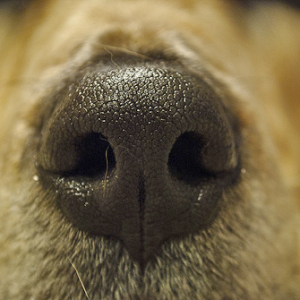The Reasons for Scratching
Dogs scratch for any number of factors. They usually do it to ease a real itch – the outcome of an allergic reaction, a flea bite, or an inflammation that they may receive from the time invested out of the home in the water, mud, or other irritants.
When your dog begins to itch, the simplest way to recognize the source is to watch him and his other signs. If you see dandruff, a dull coat without any oils, or continuous sneezing, he is most likely experiencing dry skin and allergic reactions. go to the website to know how to do dog dry nose treatment.
If he begins developing red spots or sores, he may have a skin infection that can grow and really make him ill. If this holds true, you need to see the veterinarian right away to get treatment for the infection.

Other possible sources may be neurological. A dog that invests far excessive time licking and scratching and inadequate time outside, getting a workout or delighting in the good weather condition is extremely most likely to develop dry, scratchy spots that will require treatment.
When to Fret about Scratching
For the most part, you can disregard when a dog begins to scratch. When it ends up being persistent, or any form of damage starts to appear as an outcome of their scratching, you need to reconsider your allowance.
If you see any sores begin to open up or the dog gets especially vicious in his scratching, believe about taking a trip to the veterinarian to see if there may be a much deeper hidden cause for their problems.
A vet will do a series of blood tests and look at the dog’s skin to make certain there are not serious illness or issues associated with their scratching. If they begin bleeding or have inflamed ears or other infections, it might be a much deeper hidden concern that needs to be dealt with.
How to Stop Excess Scratching
There are a couple of ways to suppress all that scratching. Up, attempt to deal with any concerns that may have developed as an outcome of infection or allergic reactions. Get him evaluated and after that, get the essential flea medications or prescription antibiotics.
After treatment, you can suppress more scratching by using deterrents to the spots such as bitter apple or cayenne pepper. You can also tape it up so he can not scratch the surface and after that use a cone of some sort that will keep him from getting to it.
If your dog scratches his neck from time to time, it’s simply an itch. Do not fret about it. If your dog sits and scratches constantly at his backside or bites his leg for hours at a time, there is something at work that ought to be dealt with.
It might be fleas, an allergic reaction or a neurological impulse to scratch for no great factor; however, that your dog is tired. Whatever the case, tackle it head on, and if you can’t get him to stop, see your veterinarian to eliminate any medical causes

